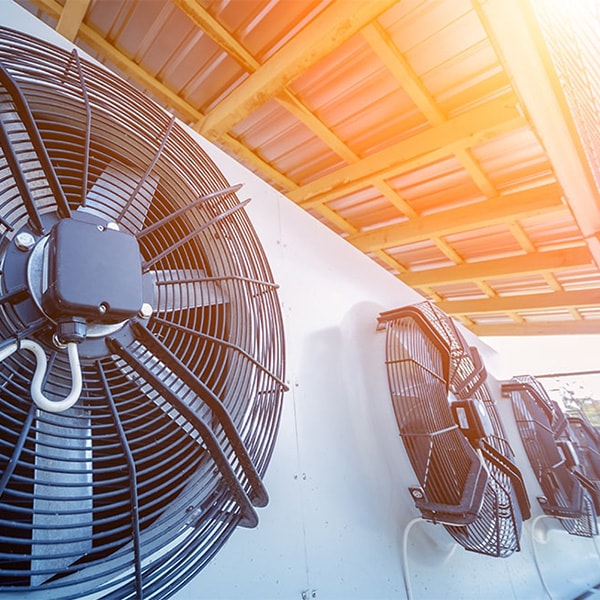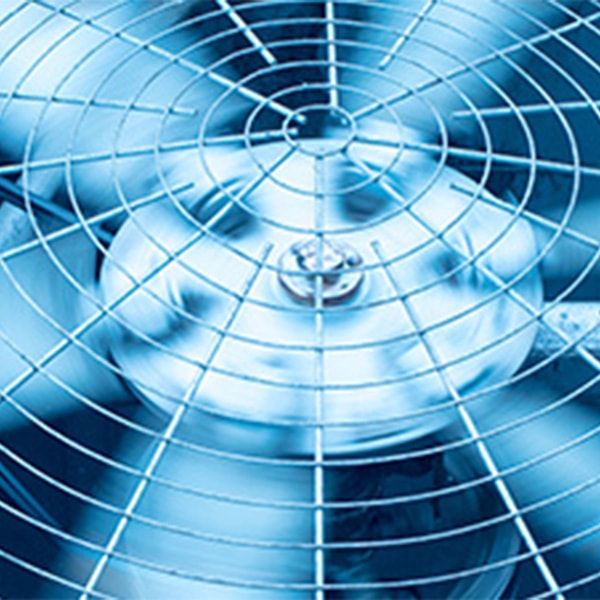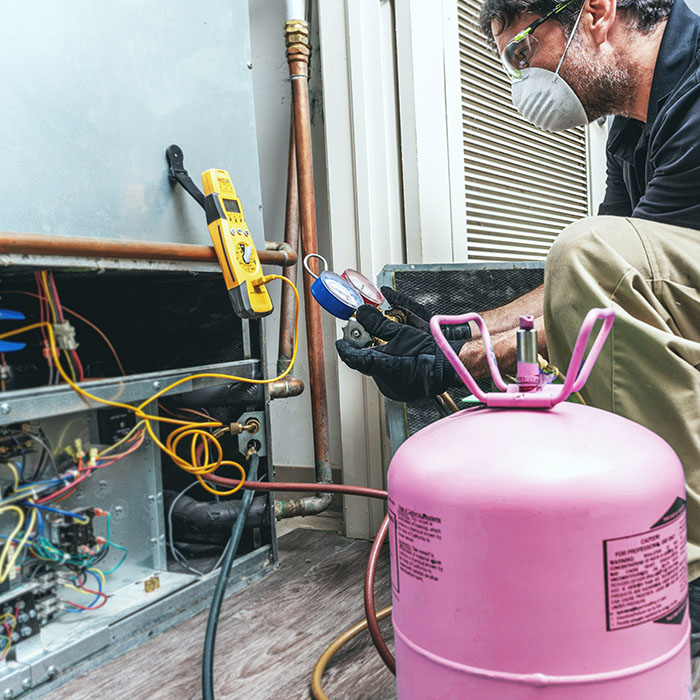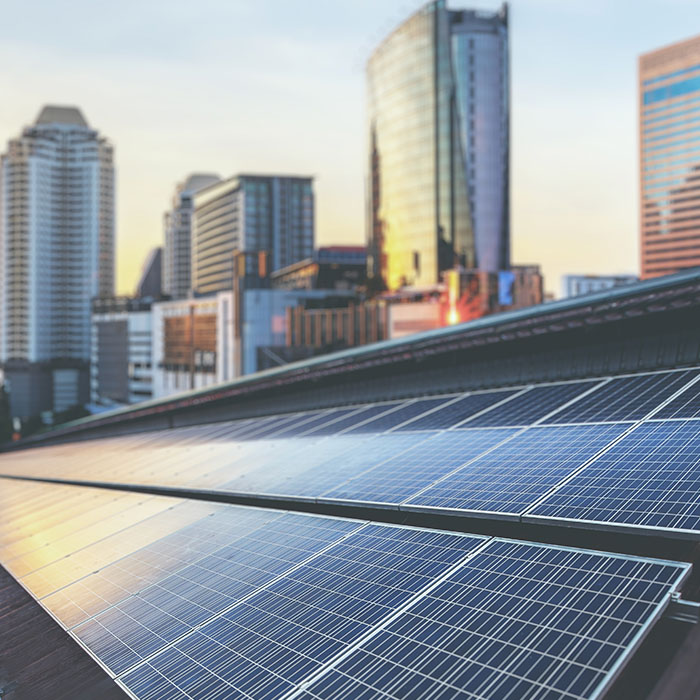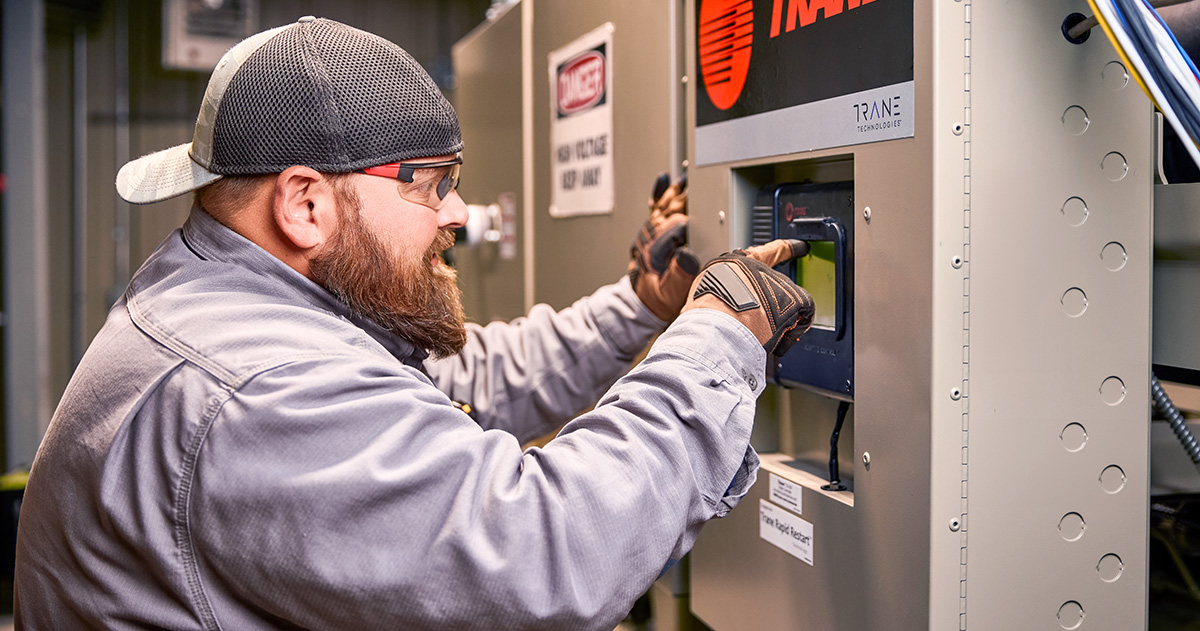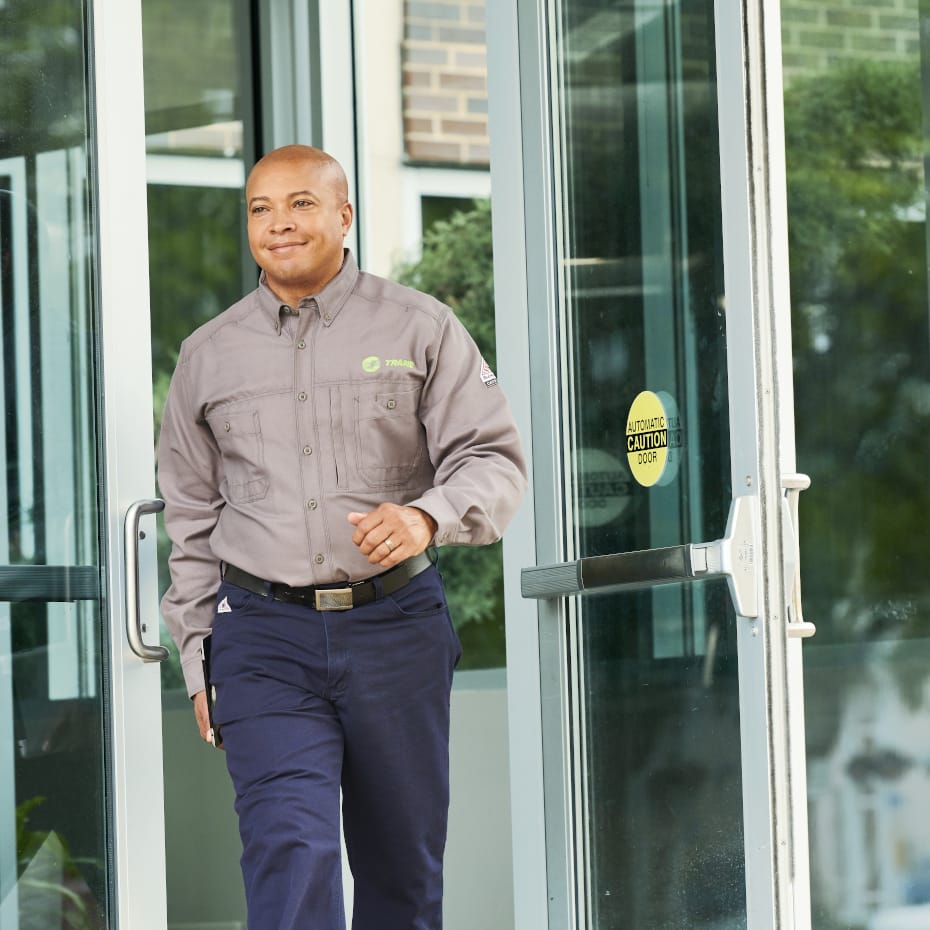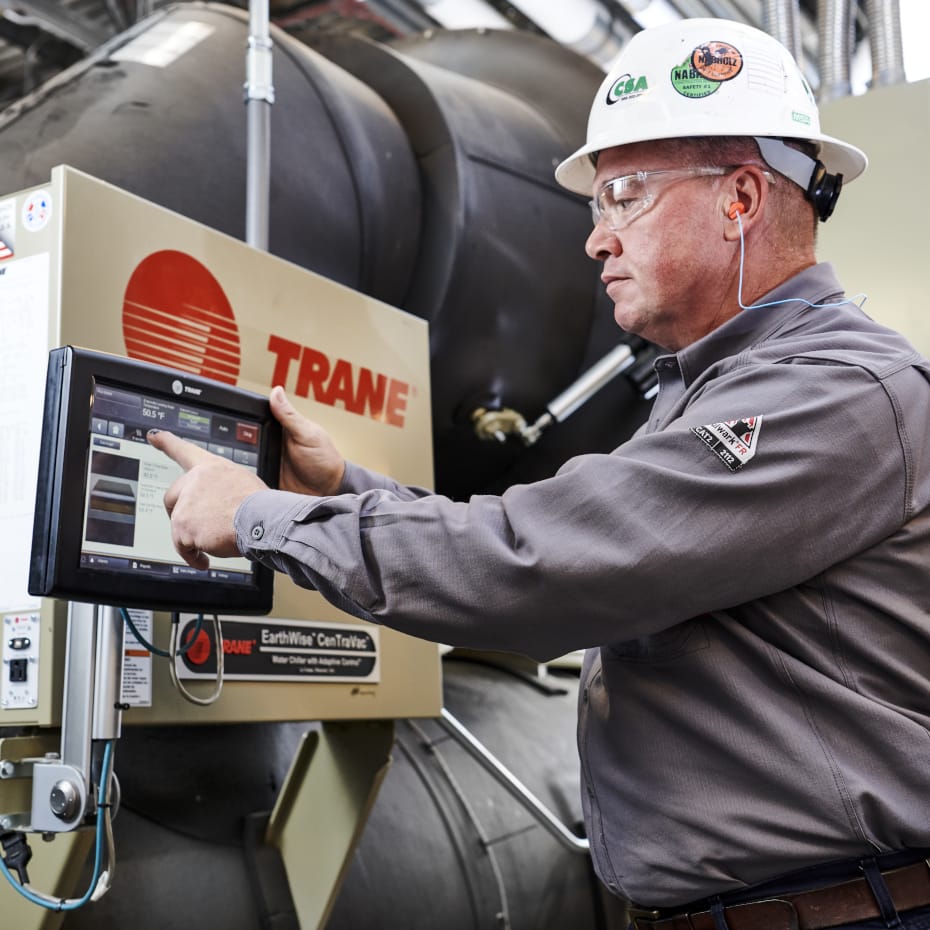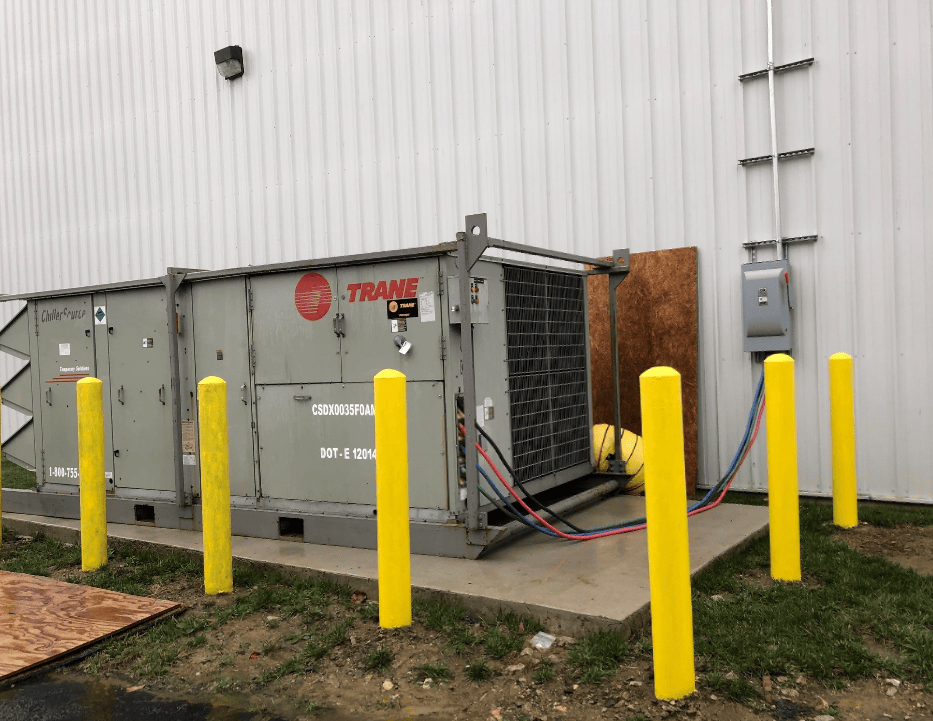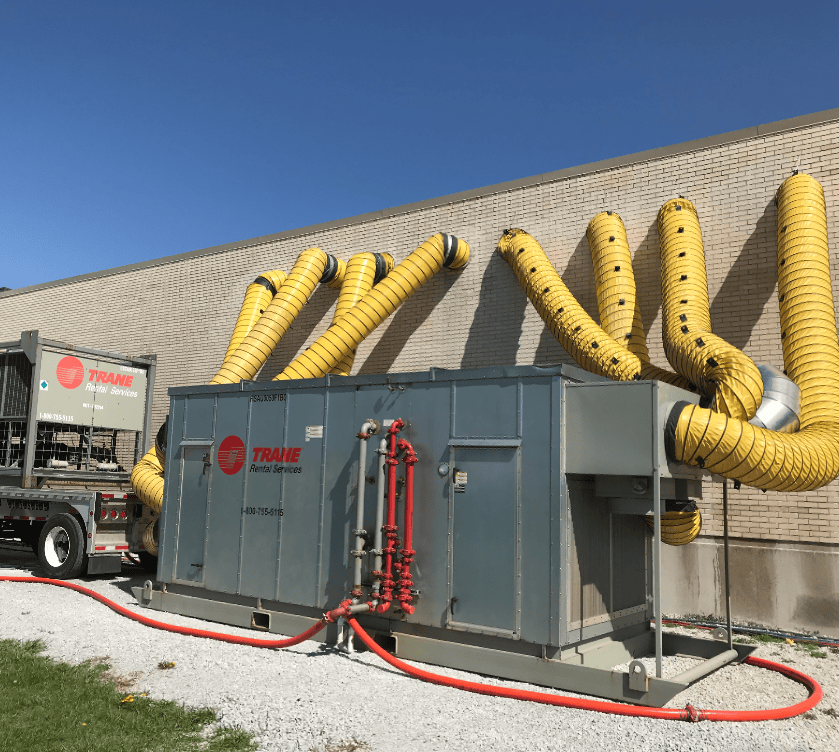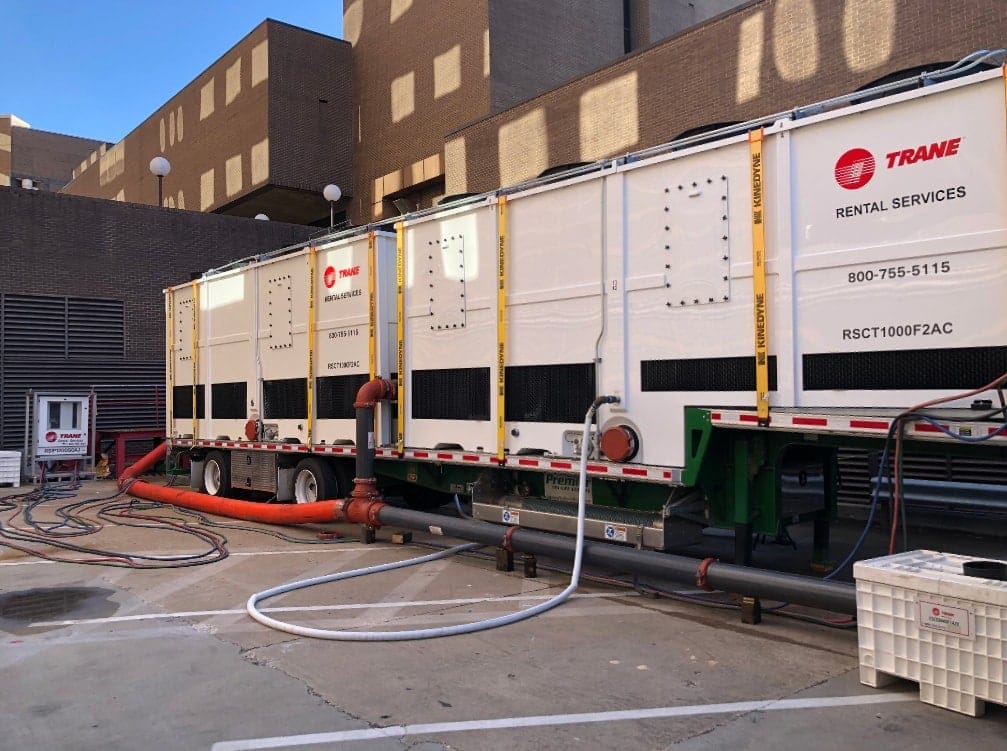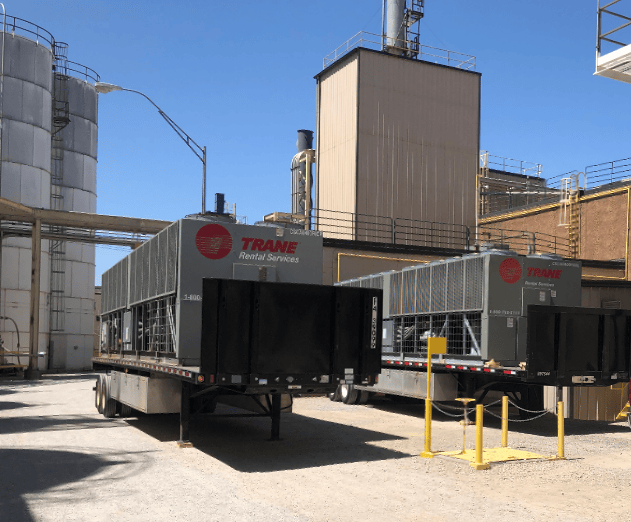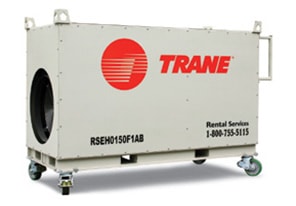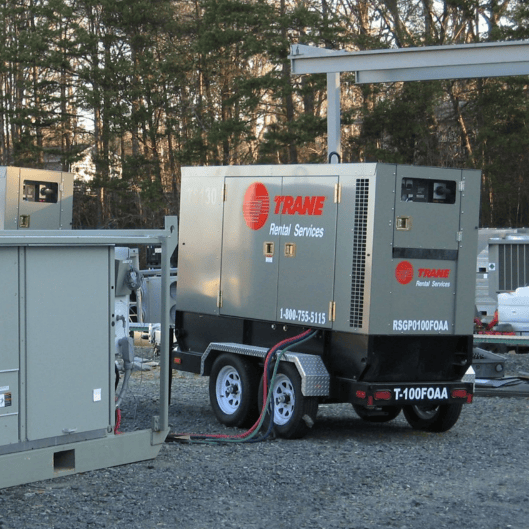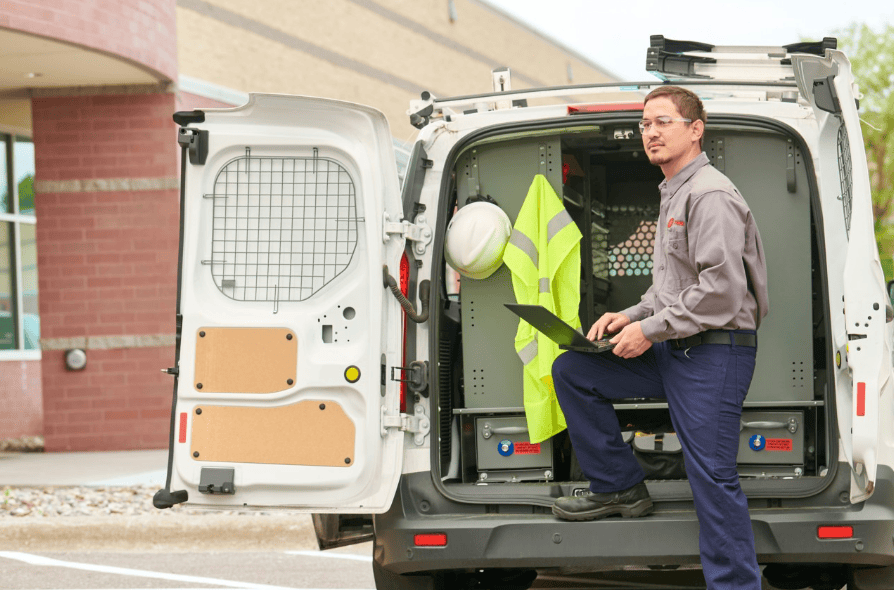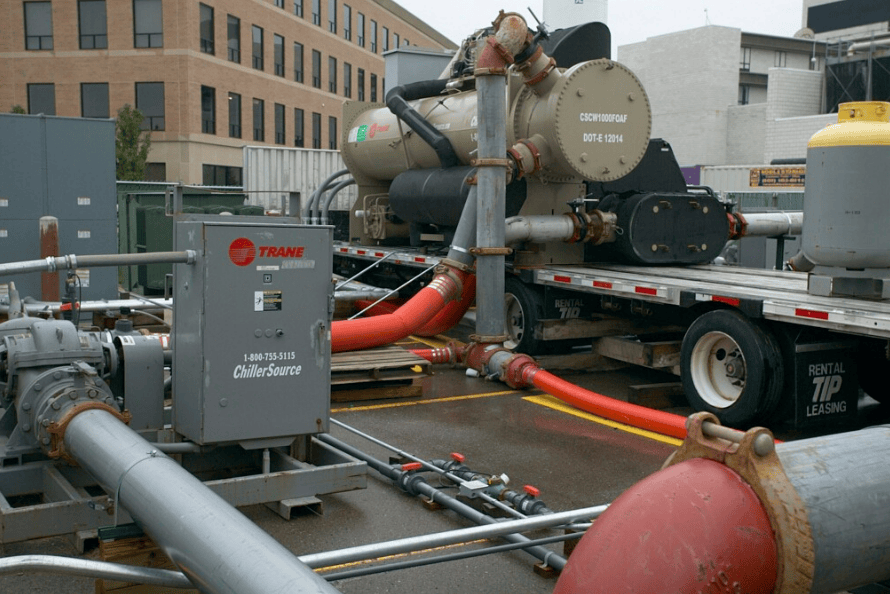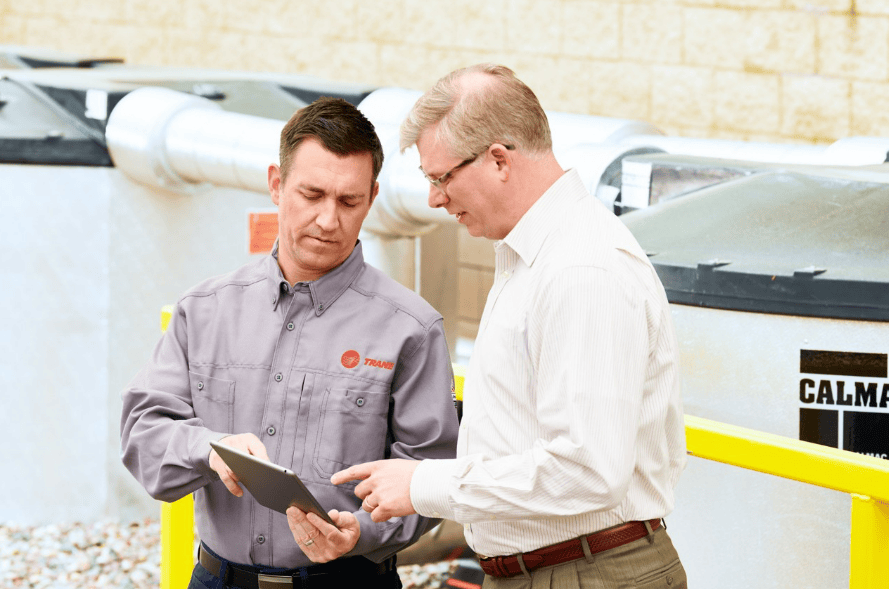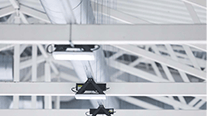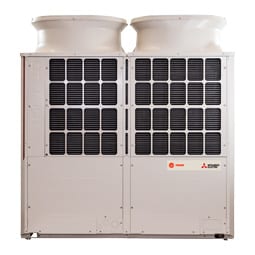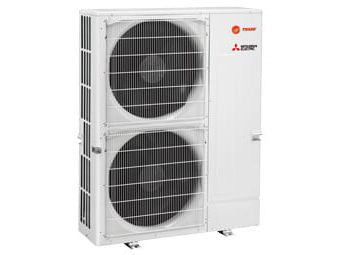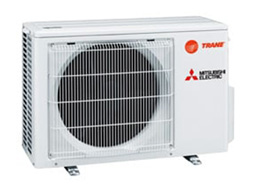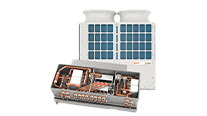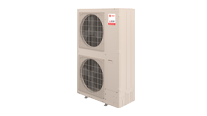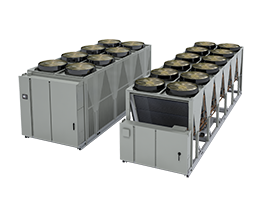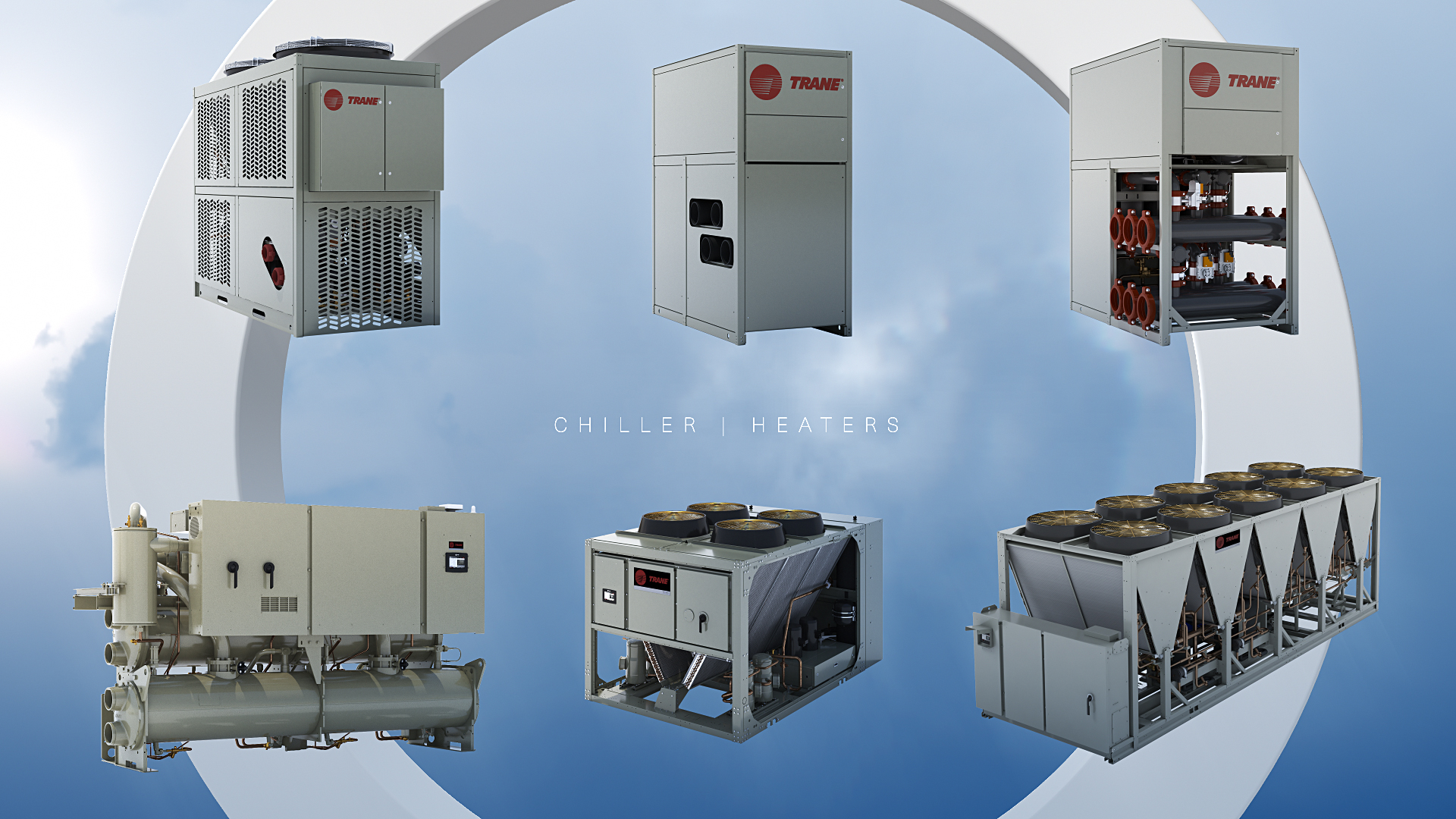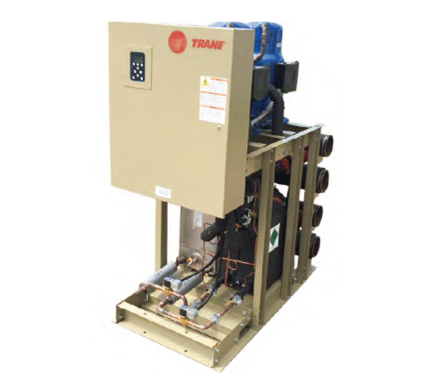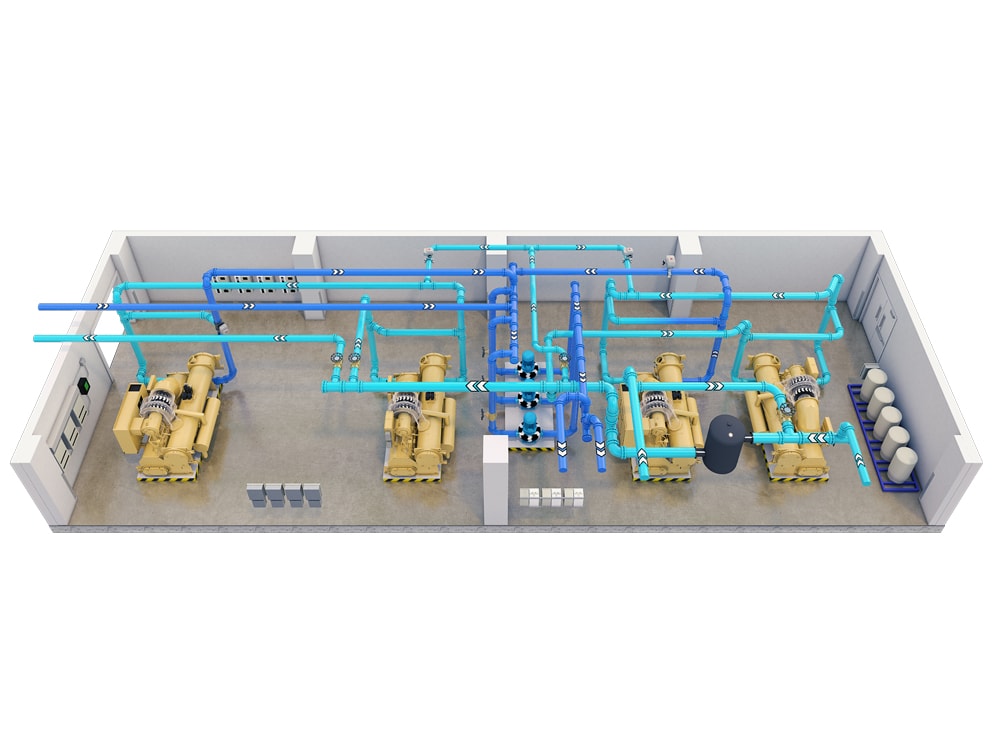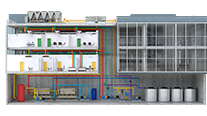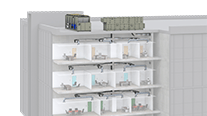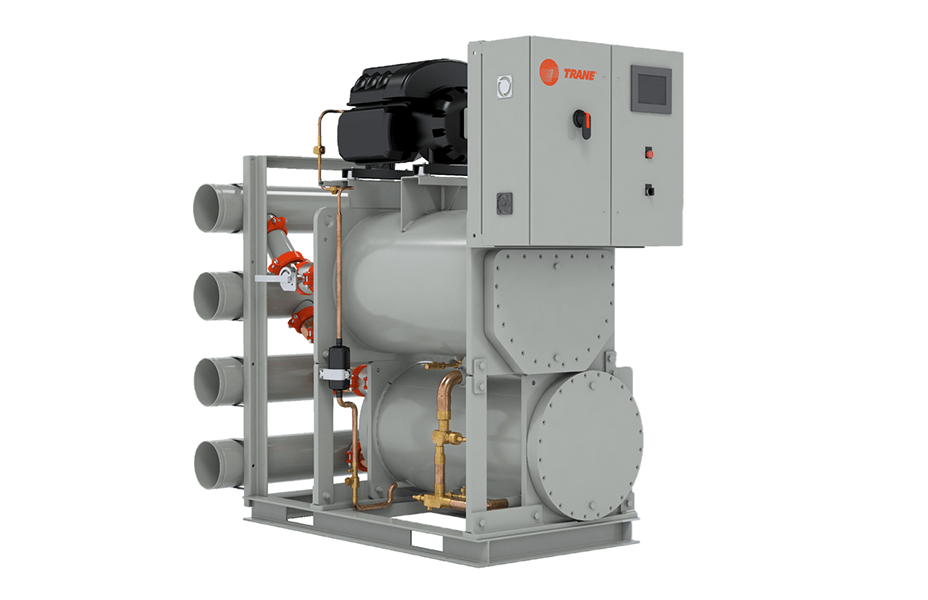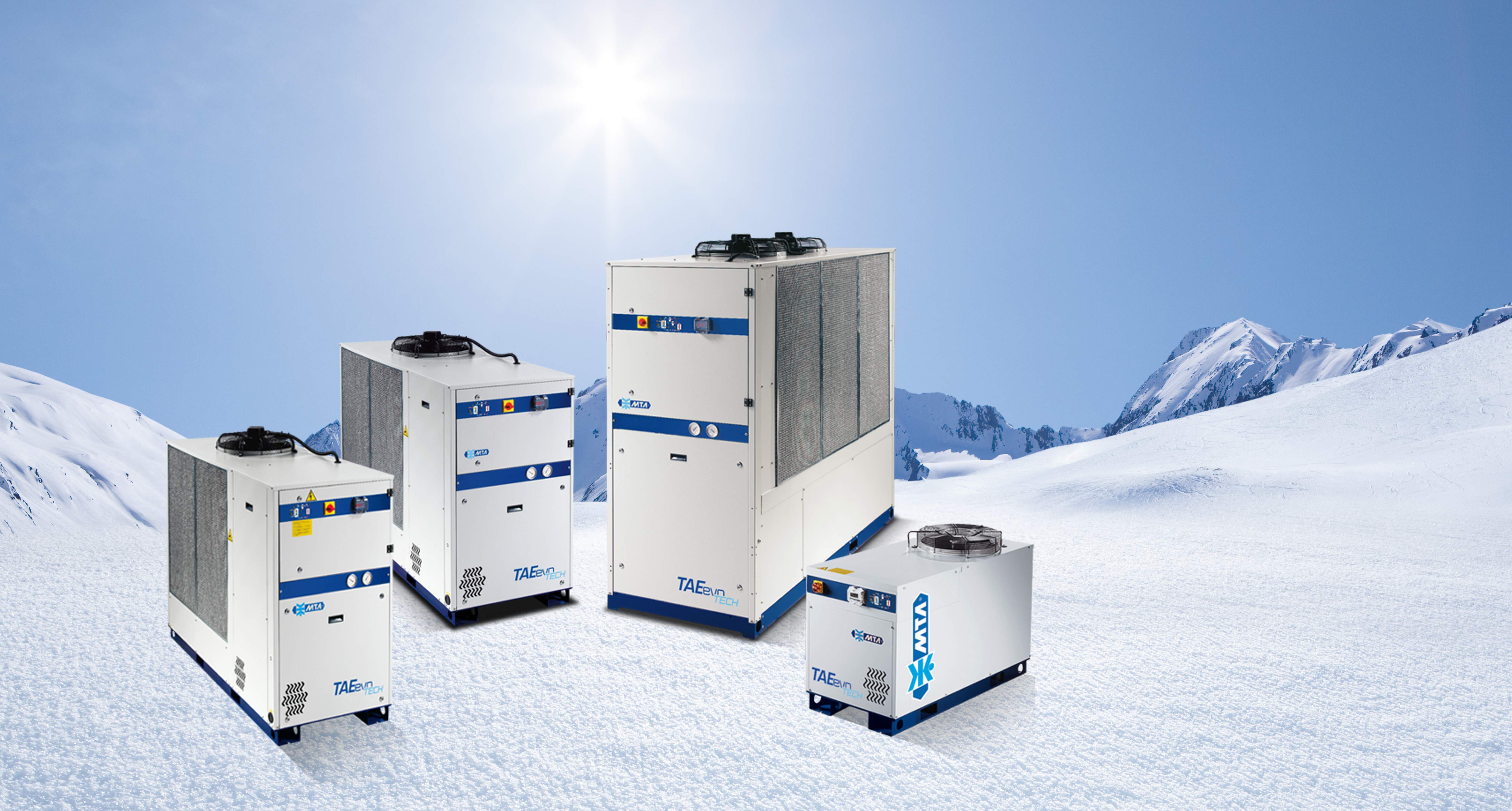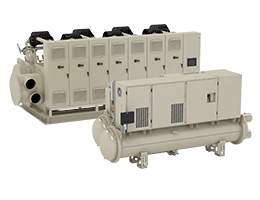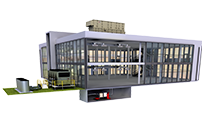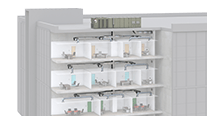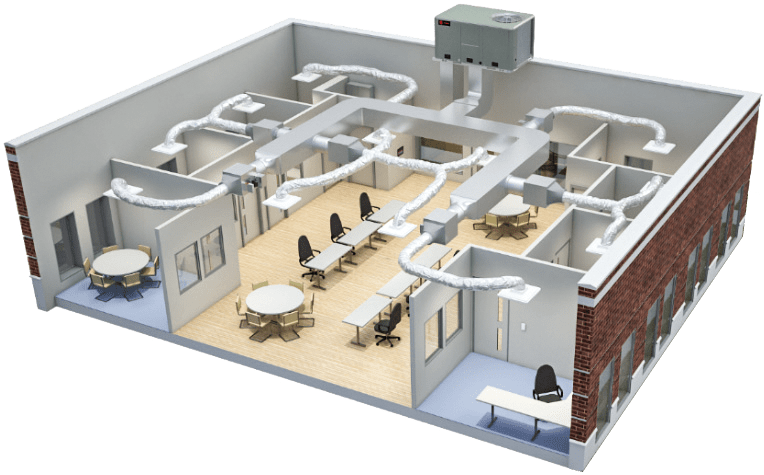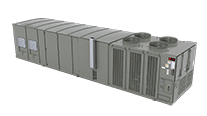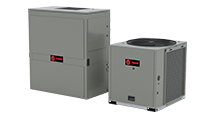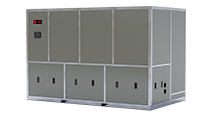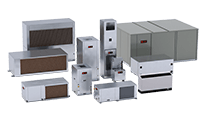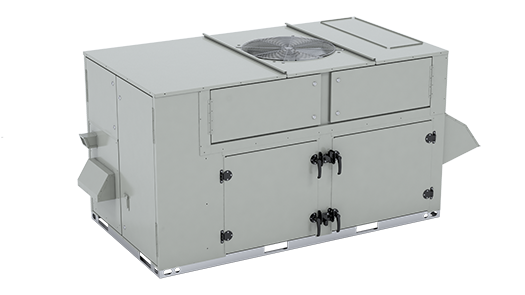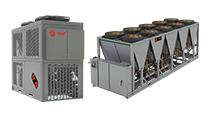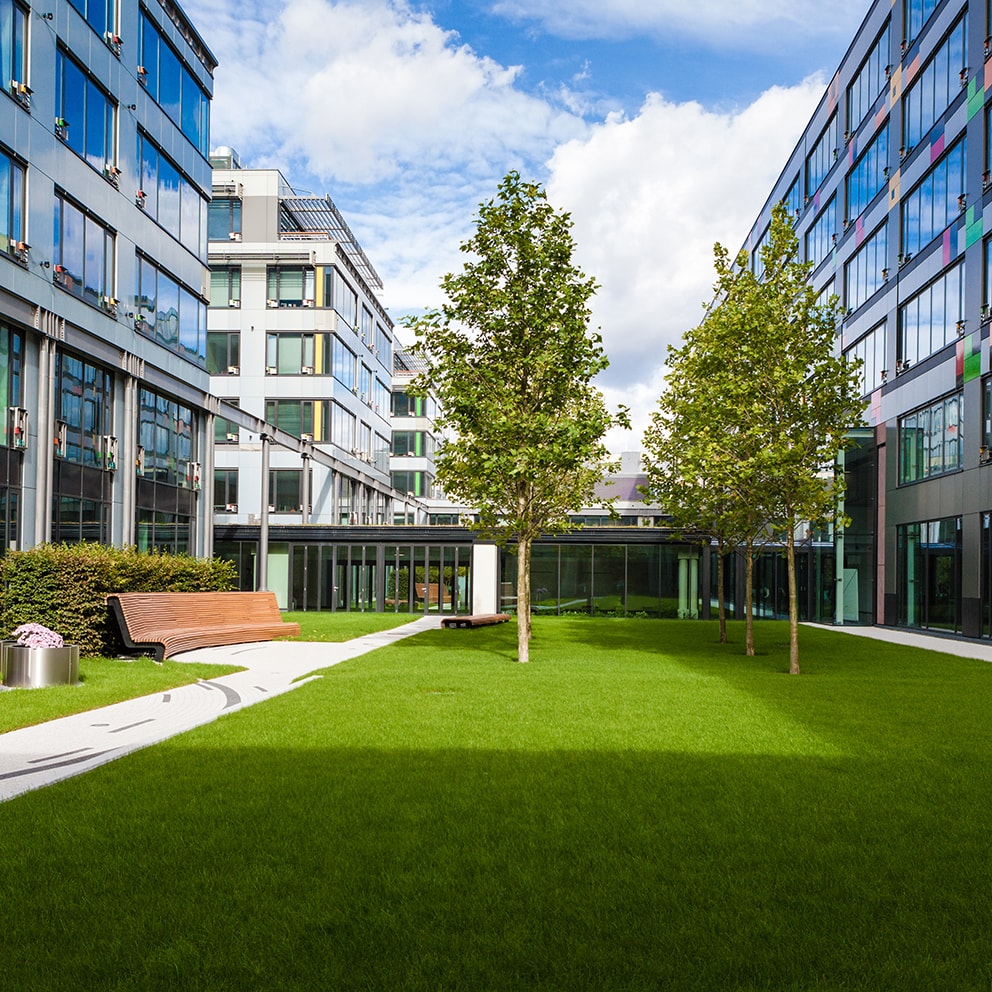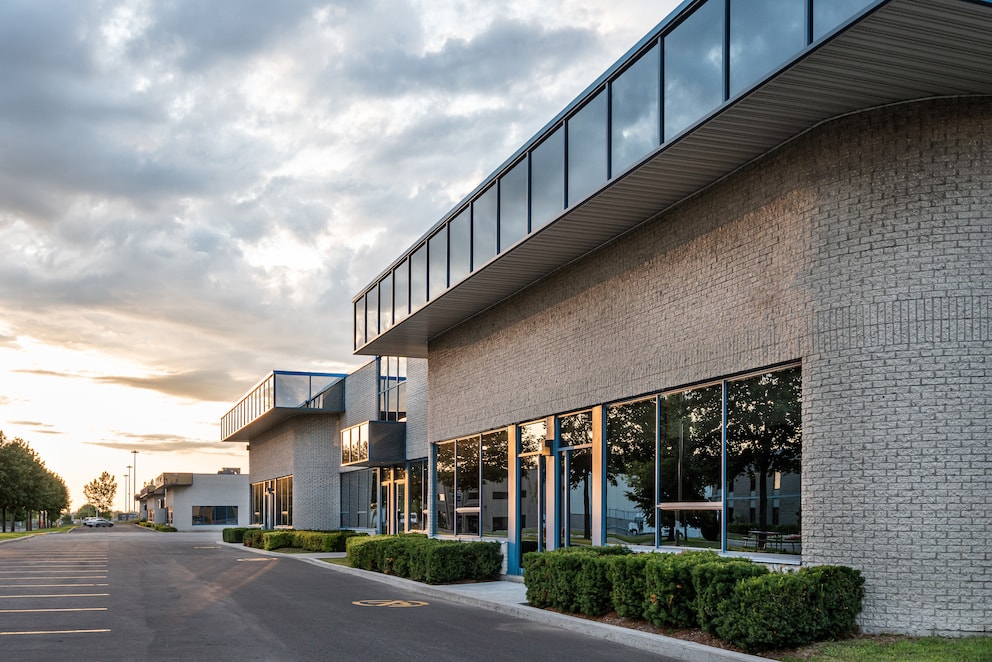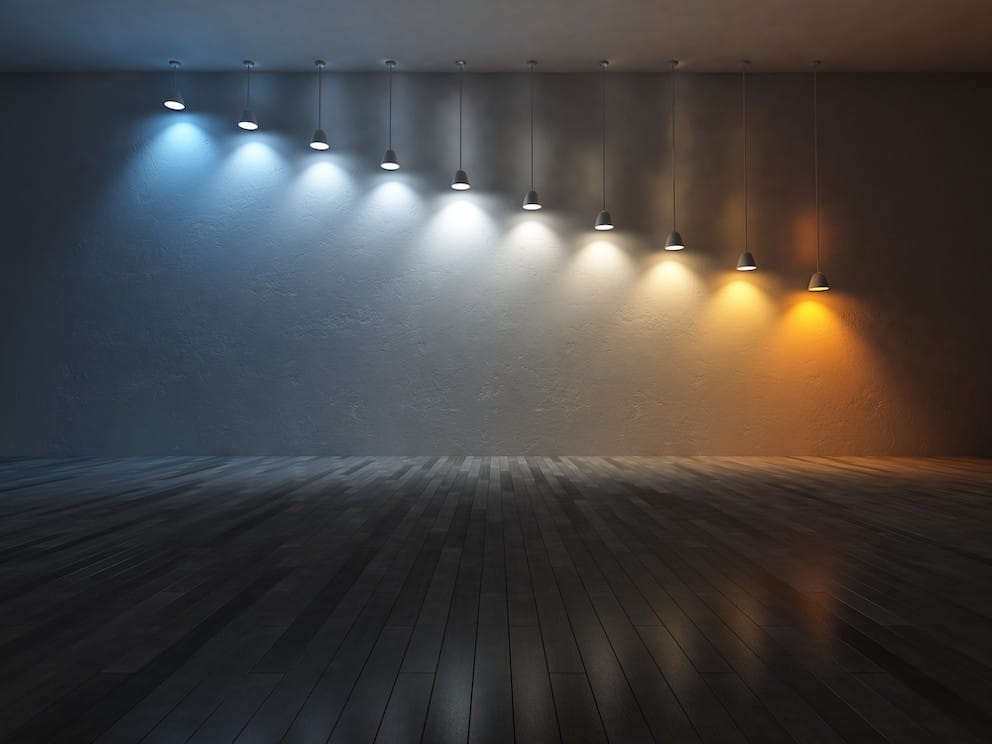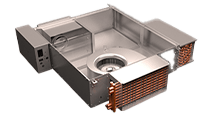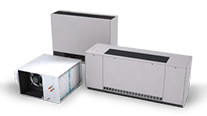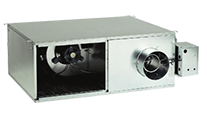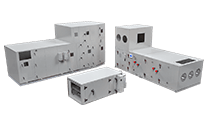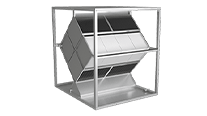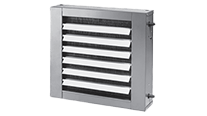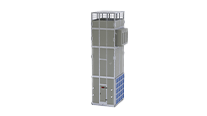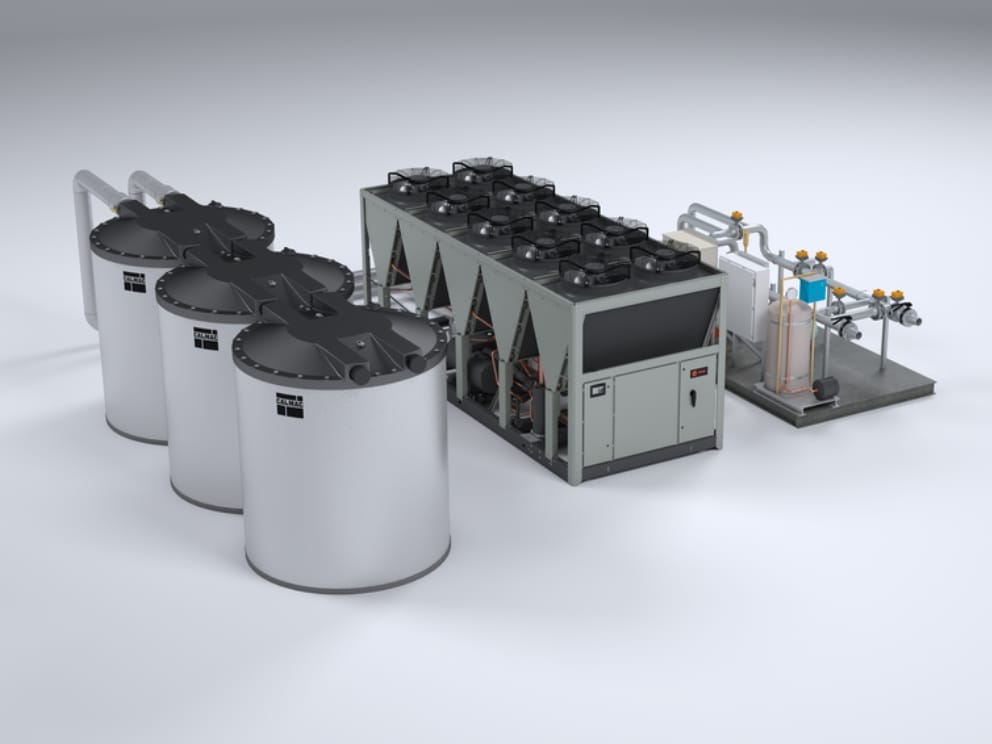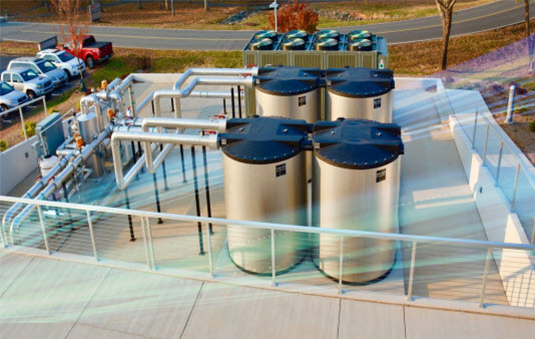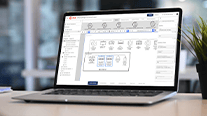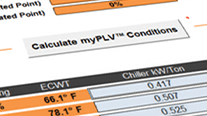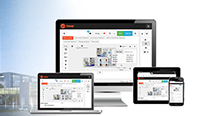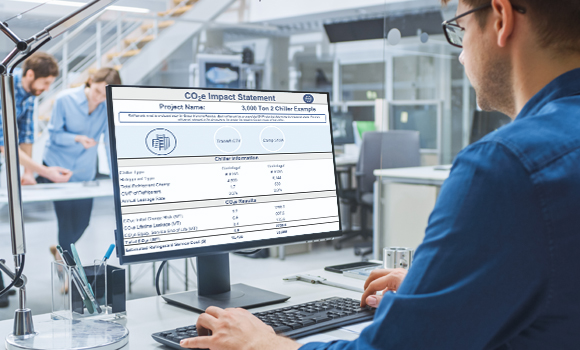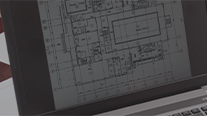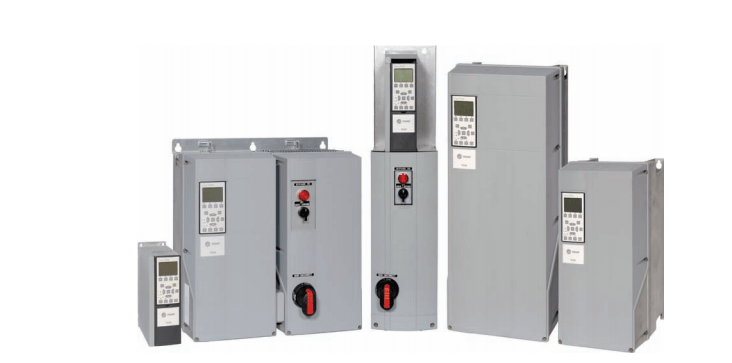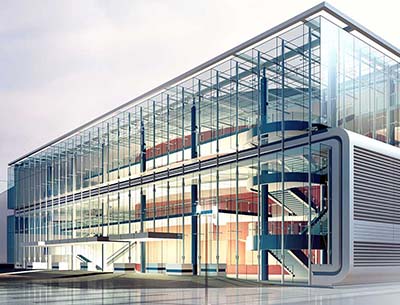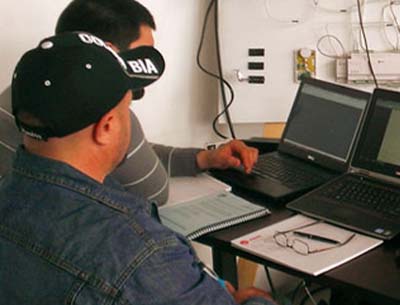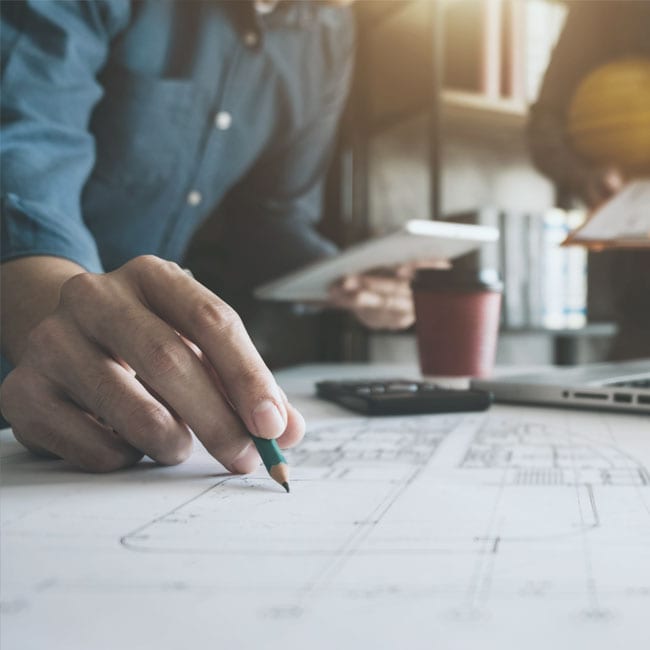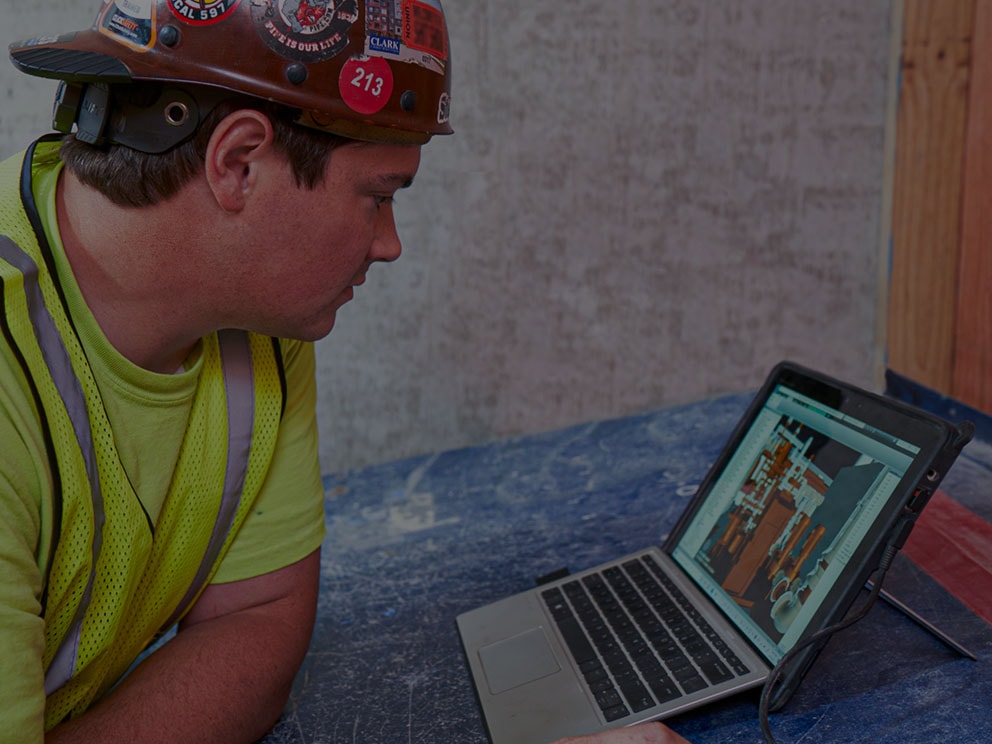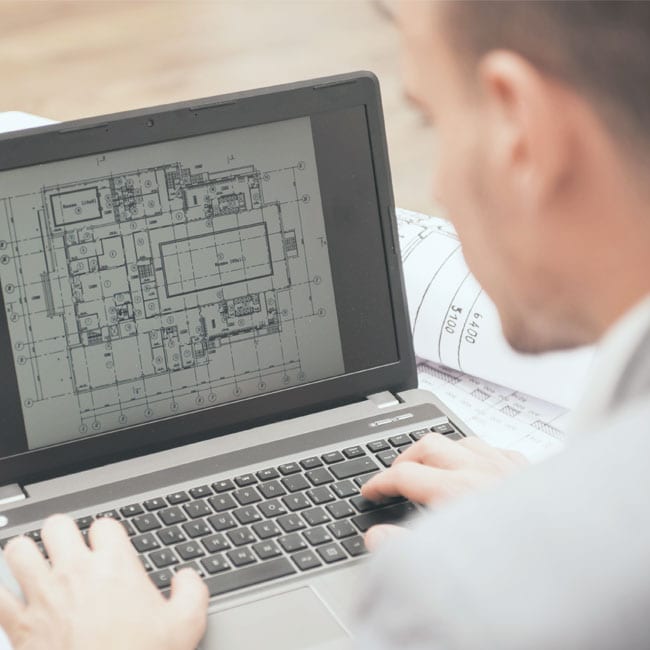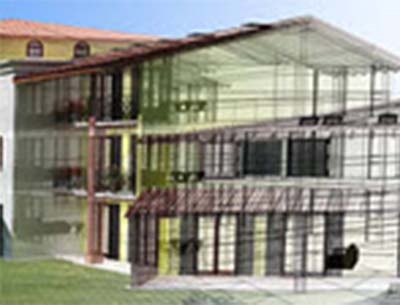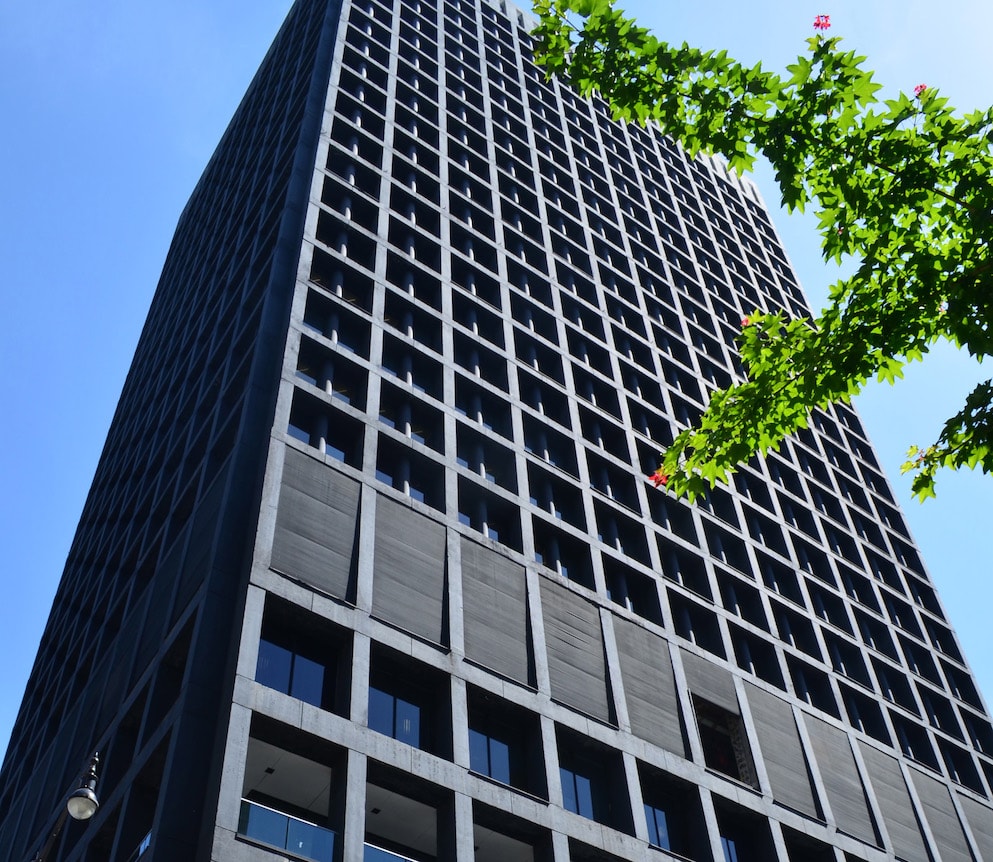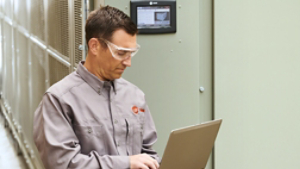Customer Story
Trane Upgrades Cut Arnprior Regional Health Utility Costs by 20+ percent, Optimize IEQ
Location: Ontario, CA
Industry: Healthcare
Products Used: Air Handling, Controls, Lighting, Building Automation,
Services Used: Energy Analysis & Monitoring, Energy Savings Performance Contracting,
Topic: IEQ, Efficiency, Cost-Saving, Optimal Comfort, Air Quality, Lighting, Thermal, Large Buildings, Building Automation Upgrades,
- 6,141 m3 water conserved per year (1.62 million gallons)
- CA $95,375 annual utility costs reduced
- 25% reduced electricity use
- 23% reduced gas use
Challenge
Arnprior Regional Health (ARH) District & Memorial Hospital leaders needed to address deferred maintenance issues and modernize building controls and facility infrastructure systems at their hospital. They wanted to improve the hospital facility’s indoor environmental quality (IEQ) to support patient care and reduce long-term operating costs.
Issues needing attention included inconsistent lighting and significant maintenance time required to keep aging HVAC systems operational. Outdated building controls made maintaining building comfort a challenge, impacting patients and visitors. Leaders also wanted to cut utility costs, reduce water consumption and improve infrastructure-monitoring capabilities to enable more effective decision-making regarding building performance.
Solution: Phase Two
After recently completing a successful boiler plant upgrade with Trane, ARH leaders sought the company’s expertise and collaborative approach for this next phase of project work. The phase one work utilized an energy savings performance contract, which enabled ARH to fund the upgrades using future energy savings. Pleased with those results, ARH collaborated with Trane to use the same structure to provide funding for this phase two project, which allowed existing ARH capital funds to be preserved for needed medical equipment.
Facility Assessment and Staff Engagement
Trane started by completing a detailed facility assessment to identify and prioritize upgrades needed, incorporating the remaining life of equipment. Trane also helped ARH build stakeholder engagement, fostering a supportive collaborative atmosphere for the project in multiple ways. For example, Trane regularly obtained input from departmental leaders while also engaging a cross-departmental and cross-functional ARH team in selecting energy conservation measures for the facility.
About Arnprior Regional Health
A regional leader in selected acute, long-term care and other health needs, Arnprior Regional Health is located about 65 km west of Ottawa. With a staff of 300 and a growing number of medical staff all supported by almost 200 volunteers, the progressive 44-bed hospital, which also includes a nursing home, provides care to over 30,000 residents of West Ottawa, McNab/Braeside, Arnprior and Mississippi Mills.
Based on the facility assessment findings, the project team installed a new building automation system (BAS) to replace the existing outdated, inadequate BAS. The new BAS provides better control strategies and more advanced data and analytics, informing better decision-making to drive optimized building performance.
The project team updated air handling units throughout the facility, increasing system reliability and energy efficiency while improving comfort for building occupants. The team converted spaces throughout the facility to uniformly colored LED lighting, transforming areas such as hallways, nurses’ stations, stairways, and common areas. Trane also helped improve the building envelope with weather stripping and caulking of exterior building elements. New low-flow toilets and sinks were added throughout the facility to conserve water.
As part of a longer-term solution to manage facilities performance, ARH began to utilize Trane Intelligent Services, where, through a consultative relationship, Trane energy engineers monitor and analyze building data gathered by the BAS. The energy consultants then advise ARH leaders when potential troubleshooting is needed and make targeted recommendations to adjust systems for better performance.
Staff Education and Response
After the phase two project was completed, Trane and ARH hosted a stakeholder engagement event on Earth Day to educate staff about the building improvements. The event highlighted how the upgrades improved the space for building occupants, reduced greenhouse gas (GHG) emissions and cut energy and operational costs.
Upgrades were completed with minimal interruption to ARH operations and staff responded positively to the upgrades. After lighting was upgraded, for example, nursing staff noted that the upgraded light levels helped patients and staff note any wet areas on patients’ bathroom floors, avoiding potential slips and falls.
Results: Phase Two
This completed phase two project improved ARH’s ability to monitor, control and optimize the indoor environment, driving more effective decision-making regarding daily operations. Upgraded systems reduced facilities staff maintenance hours so they could focus on other building management work.
Arnprior Regional Health is now conserving more than 6,141 cubic meters/1.62 million gallons of water a year. The improvements reduced annual utility costs by $95,375 Canadian dollars, reducing electricity use by 25 percent1 and gas use by 23 percent2. These reductions offset the equivalent of eliminating 19 gasoline-powered passenger vehicles driven for one year3.
In recognition of ARH’s commitment to advancing healthcare engineering through its energy-saving, staff-engaging upgrade process, the Canadian Healthcare Engineering Society awarded ARH with the Wayne McLellan Award of Excellence in 2021.
“We are so pleased with the results of both phases of the project,” said Leah Levesque, president and CEO of Arnprior Regional Health. “Savings are above expectation, and excess savings from the project have been re-invested in other elements of the facility. What is harder to measure is the positive impact this new equipment has on the reliability of our operation, where constant uptime is an expectation of every worker and patient in a healthcare facility.”
Based on the success of the first two project phases and ARH leaders’ trust in Trane, leaders awarded Trane a third project phase to improve ventilation and indoor air quality (IAQ) for a patient ward. They also turned to Trane for equipment, controls, and ongoing services for their newest long-term care facility, completed in 2020.
1 The improvements reduced annual utility costs by $95,375 while lowering annual electricity use by more than 572,000 kWh. Reduction is compared to the base year, which was the year prior to phase 1 upgrade completion
2 The improvements reduced annual gas use by more than 121,000 cubic meters of natural gas. Reduction is compared to the base year, which was the year prior to phase 1 upgrade completion
3 Reducing 88.3 metric tons of GHG offsets the equivalent of eliminating 19 gasoline-powered passenger vehicles driven for one year, according to EPA Greenhouse Gas Equivalency converters (source for numbers – key data table from Jeff Weir).


